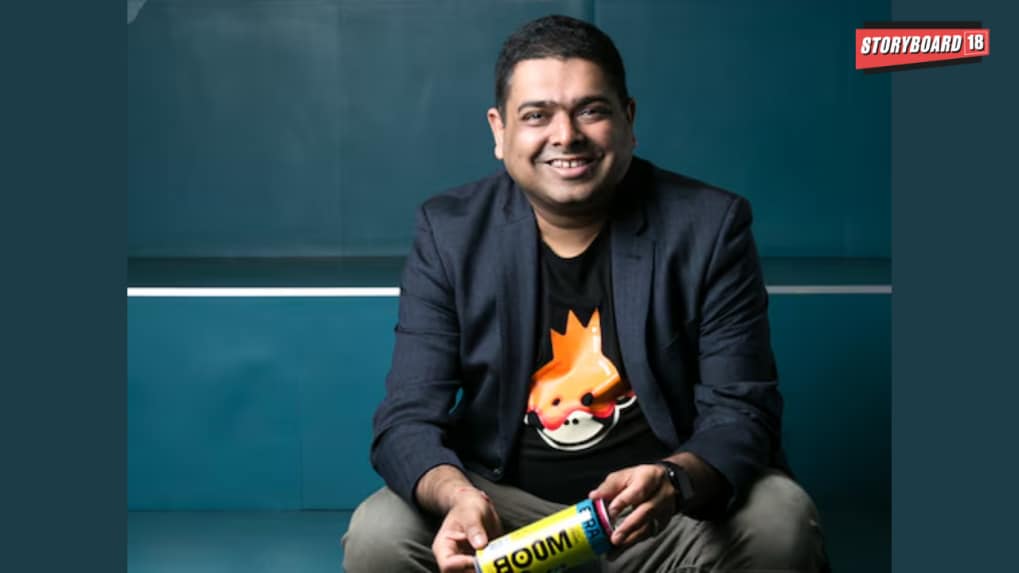Advertising
From Pink Slips to Silent Sidelining: Inside adland’s layoff and anxiety crisis

A decade ago, Bira 91 felt like a breakthrough. With its cheeky monkey logo and easy-drinking wheat beer, it became the symbol of India’s millennial beer culture. Founder Ankur Jain was hailed as the man who could take an Indian brand global. Bars in London stocked it, Sequoia wrote its first alcohol cheque in India, and young urban drinkers embraced it as their own.
That story has soured. Today, the company is fighting production halts, employee anger, investor exits and staggering losses.
Trouble Brewing
The slide began in FY24, when Bira shifted from private to public limited status, a step meant to pave the way for an IPO. But alcohol is governed state by state, and excise departments treated the new entity as if it were a fresh company. Licenses were delayed for months. Without clearances, breweries shut down, distribution broke, and sales nosedived. For a brand built on momentum, absence from shelves was ruinous.
By the time production resumed in some markets, the damage was already visible.
To keep afloat, Bira turned to its shareholders with a rights issue of ₹100 crore at ₹325 a share. The offer valued the company at about ₹2,100 crore, far lower than in earlier rounds when investors like Sofina and Kirin Holdings paid richer multiples. The cash was meant to clear vendor dues and restart operations, but the markdown told its own story.
Employees Push Back
More than 250 employees have petitioned Bira’s board and top investors including Kirin Holdings and Peak XV Partners, demanding the removal of founder and CEO Ankur Jain. The letter accused him of corporate governance failures, lack of transparency, and repeated delays in salaries and reimbursements.
Several employees told ET that salaries have been pending for months, reimbursements have not been cleared since late 2024, and even statutory dues such as TDS and provident fund payments have not been deposited. Executives said production came to a standstill in July. Meanwhile, BlackRock, once in advanced talks to invest ₹500 crore, walked away.
Jain has denied receiving the petition. He acknowledged a pause in production during September but insisted operations would resume soon.
The Man Behind Bira
Ankur Jain, once celebrated as the poster boy of Indian beer, is now at the center of the crisis.
Born in Delhi to a creative family — his father an architect, his mother an interior designer — Jain moved to the US in 1998. He studied computer engineering at the Illinois Institute of Technology and worked at Motorola before starting his first venture in healthcare. Four years later he exited and turned to beer.
His family disapproved. Jain has said his father did not speak to him for five years after he announced his plans. But he pressed ahead, first importing Belgian craft beers, then setting up breweries in Madhya Pradesh and Nagpur. Bira was launched in 2015, riding the Make in India wave.
The idea clicked. Investors lined up, with Sequoia leading a $6 million round in 2016, followed by Sofina, Sixth Sense Ventures and Japan’s Kirin Holdings. Bira scaled to millions of cases annually and became a household name among urban drinkers.
Financial Freefall
The company reported a net loss of ₹748 crore in FY24 on revenues of ₹638 crore. Volumes dropped from nine million cases in FY23 to six or seven million.
Leadership churn followed. Vikram Qanungo was brought in as CFO, replacing Meghna Agrawal. Manoj Mishra was hired as vice president of manufacturing, and Nayanabhiram Deekonda was elevated to senior vice president of sales. The moves have yet to steady the ship.
End of the Party?
Bira’s rise was built on a simple promise: that an Indian beer could be cool, playful and international. For a while, it delivered. The brand was on draft in London pubs, and it felt like the start of something bigger.
But today, the numbers, the investor exits, and the employee revolt all point in the same direction. The monkey that once stood for fun is now carrying the weight of one of India’s most dramatic startup downfalls.
From purpose-driven work and narrative-rich brand films to AI-enabled ideas and creator-led collaborations, the awards reflect the full spectrum of modern creativity.
Read MoreLooking ahead to the close of 2025 and into 2026, Sorrell sees technology platforms as the clear winners. He described them as “nation states in their own right”, with market capitalisations that exceed the GDPs of many countries.